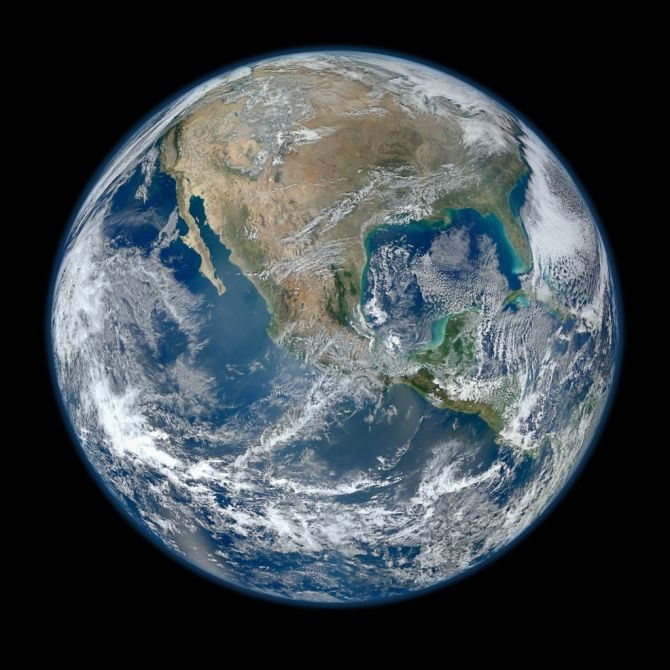World Population To Crack 11 Billion By 2100, UN Says; Higher Than Previous Estimates

The world population is probably going to hit 11 billion people by the end of this century, significantly surpassing previous estimates and undermining speculation that human numbers will soon peak and decline, according to a United Nations report.
The number of humans topped seven billion, officially, on Oct. 31, 2011. Some experts have assumed the number would rise to around nine billion in the middle of the century and then level off, or even fall. The new study, which appears in the journal Science Thursday, uses new statistics and expert estimates on things like fertility and migration patterns. The authors, from the UN and the University of Washington, say this is the most reliable estimate to date.
"The consensus over the past 20 years or so was that world population, which is currently around seven billion, would go up to nine billion and level off or probably decline," Adrian Raftery, a University of Washington statistician and sociologist, said in a statement. "We found there's a 70 percent probability the world population will not stabilize this century." Ultimately, they figure there's an 80 percent chance the population in 2100 will be between 9.6 billion and 12.3 billion.
We've been becoming less unique for a while. About 12,000 years ago, scientists estimate, there were as few as one million humans roaming around the Earth, according to the U.S. Census Bureau. The population slowly grew and only cracked one billion at the beginning of the 19th century. Since then, we've been multiplying. The world population has ballooned by five billion since 1930.
And that means more mouths to feed. World leaders and scientists are concerned growing numbers will strain resources, leading to increased conflict, inequality and public health crises. According to the UN: "Rapidly increasing population exacerbates existing problems, such as transnational crime, economic interdependency, climate change, the spread of diseases such as HIV/AIDS and various other pandemics, and such social issues as gender equality, reproductive health, safe motherhood, human rights, emergency situations and so much more."
The growth won't happen in North America and Europe, which are expected to stay below one billion. In fact, the most rapidly expanding population is Africa's, where fertility is higher because female access to education and contraceptive use are lower. The continent accounts for one billion of the world's people now.
But by 2100, the Science paper estimates, Africa could make up more than a third of the global population, or as many as four billion people. "There is an 80 percent chance that the population in Africa at the end of the century will be between 3.5 and 5.1 billion people," according to the news release. By comparison, Asia — the most populous continent with 4.4 billion people — will peak mid-century at five billion and decline.
Source: A. Raftery, et al. Science. 2014.



























